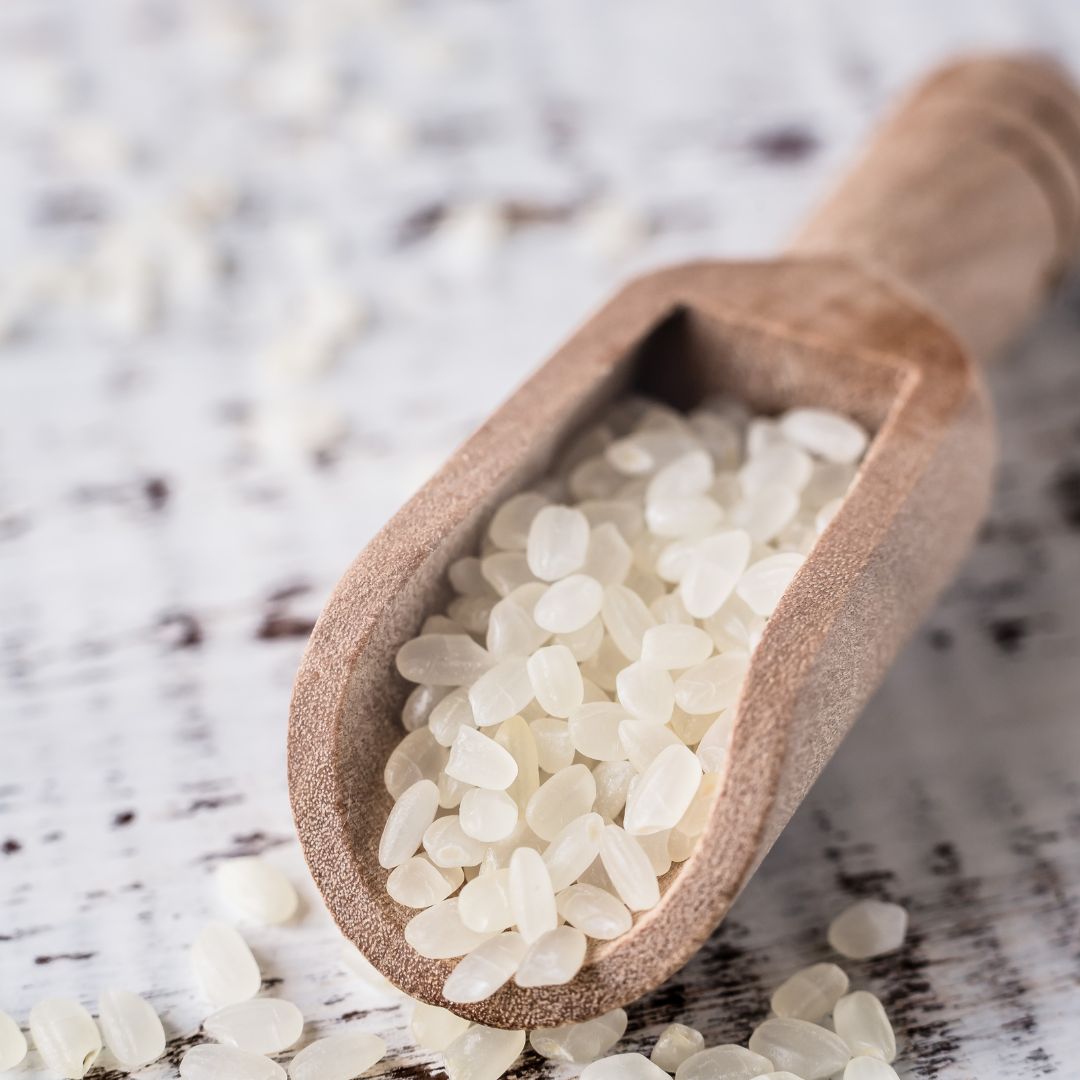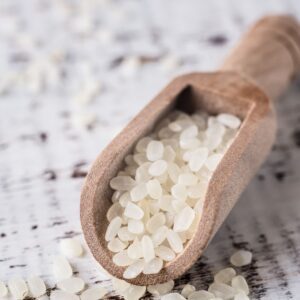
Is Rice Bran Oil Good or Bad?
Rice bran oil has gained popularity in recent years as a cooking oil that boasts numerous health benefits and culinary versatility. Extracted from the outer layer of rice grains, it is commonly used in Asian cuisines and is known for its high smoke point and neutral flavor. However, like any food product, rice bran oil has its pros and cons. In this comprehensive guide, we will delve into the nutritional profile, health benefits, potential risks, and culinary uses of rice bran oil to help you make an informed decision about incorporating it into your diet.

Introduction
In a world increasingly focused on health and wellness, the choice of cooking oil can significantly impact your overall diet and well-being. Rice bran oil has emerged as a popular option due to its unique properties and potential health benefits. However, it is essential to weigh both the advantages and disadvantages before making it a staple in your kitchen.
What is Rice Bran Oil?
Rice bran oil is derived from the outer layer (bran) of rice grains during the milling process. It has a light golden color and a mild flavor, making it suitable for various cooking methods, including frying, sautéing, and baking.
Extraction Process
The extraction of rice bran oil involves several steps:
- Milling: The outer bran layer is separated from the rice grain.
- Pressing: The bran is then mechanically pressed or solvent-extracted to obtain the oil.
- Refining: The extracted oil undergoes refining processes to remove impurities and enhance its shelf life.
Nutritional Profile of Rice Bran Oil
Rice bran oil contains a unique blend of fatty acids:
- Total Fat: Approximately 14 grams per tablespoon.
- Saturated Fat: About 2 grams (14%).
- Monounsaturated Fat: Roughly 6 grams (40%).
- Polyunsaturated Fat: Approximately 5 grams (36%).
Vitamins and Antioxidants
Rice bran oil is rich in vitamin E compounds, particularly tocotrienols and tocopherols, which have antioxidant properties that may protect against cellular damage.
Health Benefits of Rice Bran Oil
Despite concerns about its saturated fat content, rice bran oil has several potential health benefits:
Heart Health
Research suggests that rice bran oil can improve heart health by lowering LDL (bad) cholesterol levels while increasing HDL (good) cholesterol levels due to its healthy fat composition.
Weight Management
Incorporating rice bran oil into a balanced diet may aid in weight management due to its ability to promote satiety without adding excessive calories.
Antioxidant Properties
The antioxidants present in rice bran oil can help combat oxidative stress in the body, potentially reducing the risk of chronic diseases.
Blood Sugar Control
Studies indicate that rice bran oil may help manage blood sugar levels, particularly in individuals with type 2 diabetes, by improving insulin sensitivity.
Skin Health
Rice bran oil is often used in skincare products due to its moisturizing properties and high vitamin E content, which can promote healthy skin.
Potential Risks of Rice Bran Oil
While rice bran oil has many benefits, there are also potential risks associated with its consumption:
High in Omega-6 Fatty Acids
Rice bran oil contains a significant amount of omega-6 fatty acids, which can contribute to inflammation if consumed excessively relative to omega-3 fatty acids.
Allergic Reactions
Some individuals may experience allergic reactions to rice or rice products; those with allergies should exercise caution when using rice bran oil.
Quality Concerns
Not all rice bran oils are created equal; some may contain additives or impurities due to poor processing methods.
Culinary Uses of Rice Bran Oil
Rice bran oil’s high smoke point (approximately 450°F or 232°C) makes it ideal for various cooking methods:
- Frying: Excellent for deep-frying due to its stability at high temperatures.
- Sautéing: Perfect for stir-fries and quick-cooking dishes.
- Baking: This can be used as a substitute for other oils in baking recipes.
- Dressings: Its mild flavor makes it suitable for salad dressings and marinades.
How to Choose Quality Rice Bran Oil
When purchasing rice bran oil, consider the following tips:
- Look for Cold-Pressed or Expeller-Pressed Options: These methods retain more nutrients compared to solvent extraction.
- Check for Certifications: Look for brands that have been certified organic or non-GMO.
- Review Ingredients: Ensure that the product contains only pure rice bran oil without additives or preservatives.
- Consider Packaging: Choose oils packaged in dark bottles to protect them from light exposure, which can degrade quality.
Alternatives to Rice Bran Oil
If you’re looking for alternatives to rice bran oil, consider these options:
- Olive Oil: Rich in monounsaturated fats; great for dressings and low-temperature cooking.
- Canola Oil: Versatile with a neutral flavor; suitable for frying and baking.
- Coconut Oil: Provides a distinct flavor; ideal for baking and sautéing.
- Avocado Oil: High smoke point and rich in healthy fats; perfect for high-temperature cooking.
Frequently Asked Questions
1. What is rice bran oil?
Rice bran oil is extracted from the outer layer of rice grains, specifically the bran and germ. It is commonly used in cooking due to its high smoke point and mild flavor, making it suitable for high-heat applications like frying and sautéing.
2. Is rice bran oil healthy?
Rice bran oil can be considered healthy when consumed in moderation. It contains a balance of unsaturated fats (monounsaturated and polyunsaturated) that may help lower bad cholesterol levels, potentially reducing the risk of heart disease. Additionally, it is rich in Vitamin E, which has antioxidant properties beneficial for skin health and immune function.
3. What are the potential health benefits of rice bran oil?
- Heart Health: Studies suggest that rice bran oil can lower total cholesterol and LDL cholesterol levels, which may reduce cardiovascular disease risk.
- Blood Pressure Management: It may help lower blood pressure, especially when combined with other oils like sesame oil.
- Blood Sugar Control: Some research indicates that rice bran oil can assist in managing blood sugar levels in individuals with Type II diabetes.
- Skin Health: The Vitamin E content supports skin health by promoting healing and protecting against sun damage.
4. Are there any risks associated with rice bran oil?
While rice bran oil has health benefits, it also contains saturated fat, which can raise LDL cholesterol levels if consumed excessively. Additionally, it has a higher omega-6 to omega-3 fatty acid ratio, which may promote inflammation if not balanced with omega-3 intake from other sources. People with low blood pressure should consult a healthcare provider before using it due to its potential to lower blood pressure further.
5. How should rice bran oil be used in cooking?
Rice bran oil can be used for frying, sautéing, and baking due to its high smoke point (around 450°F or 232°C). It is advisable to use it in moderation as part of a balanced diet. Opting for organic or expeller-pressed varieties may also minimize the environmental impacts associated with its production.
6. Can rice bran oil cause allergic reactions?
Rice bran oil is generally considered hypoallergenic; however, some individuals may experience skin irritation or gastrointestinal discomfort if they have specific sensitivities or underlying digestive conditions.
7. What is the nutritional composition of rice bran oil?
A tablespoon of rice bran oil typically contains approximately:
- Calories: 120
- Total Fat: 14 grams
- Saturated Fat: 2.68 grams
- Monounsaturated Fat: 5.34 grams
- Polyunsaturated Fat: 4.76 grams
- Vitamin E: 4.39 milligrams.
8. How should rice bran oil be stored?
Unrefined rice bran oil should be stored in a cool, dark place or refrigerated to extend its shelf life and maintain quality. Proper storage helps prevent rancidity and preserves its nutritional benefits.
Conclusion
The question of whether rice bran oil is good or bad cannot be answered definitively; it depends on how it fits into your overall diet and lifestyle choices. While rice bran oil offers certain health benefits and culinary advantages, moderation is crucial due to its saturated fat content and environmental concerns associated with its production.
